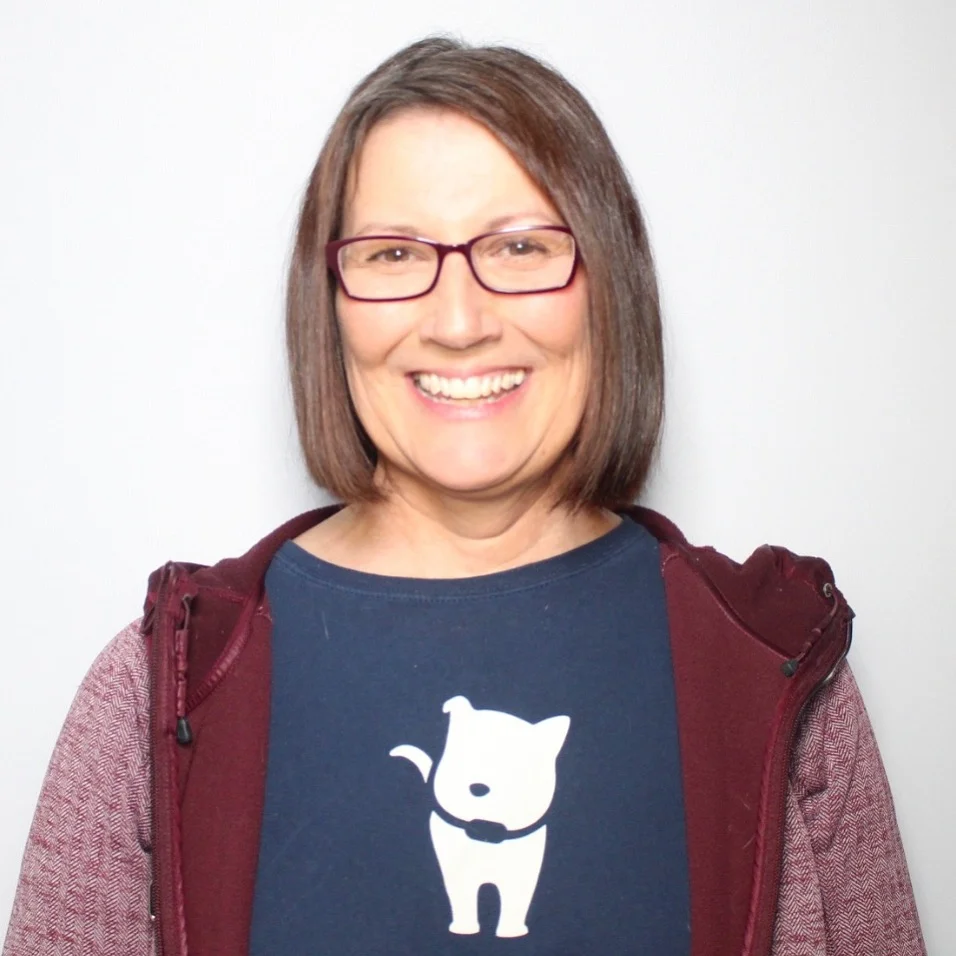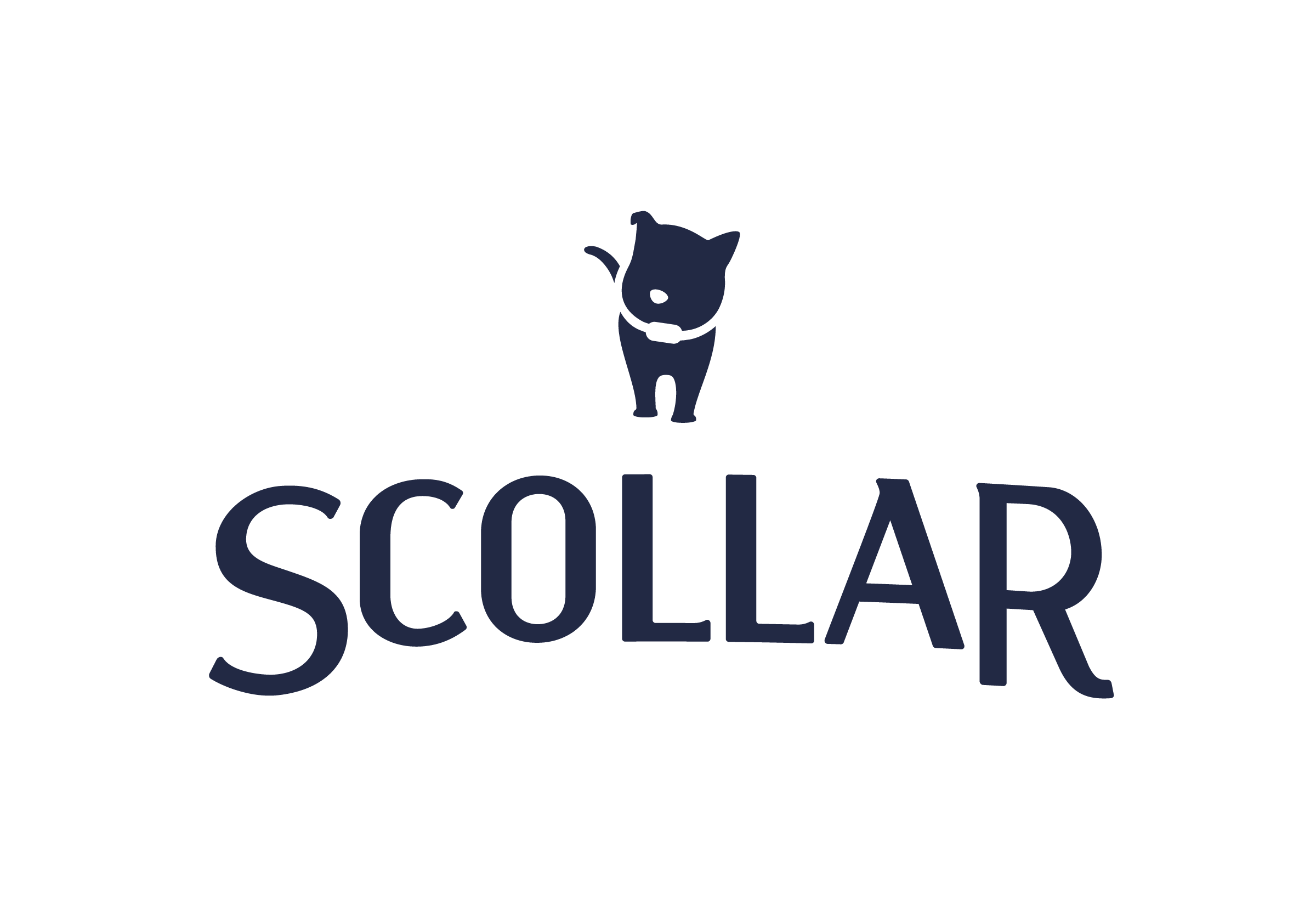WoW Woman in WearableTech | Lisa Tamayo, founder and CEO of Scollar
Interview by Nicole Dahlstrom @nicoledahlstrom
Lisa serves as CEO for Scollar, bringing over 25 years of experience in financial planning and analysis, strategic planning, business development, and leadership to the company. She has extensive experience in Arts Administration and has worked with the San Francisco Opera Center and Yerba Buena Center for the Arts in San Francisco, as well as Luther Burbank Center for the Arts in Santa Rosa. She was a Co-Founder of Green Building Studio, Inc., which created a SaaS tool and XML schema to condense weeks of architecture and engineering work into mere minutes. Green Building Studio, Inc. was acquired by Autodesk in 2008. Lisa served for several years on the Board of Directors and Program Committee for the North Bay Angels. Lisa holds a BA in Electronic Music and an MBA in Sustainable Enterprise.
Lisa is based in Santa Rosa, California, one hour North of San Francisco, California.
What is the idea behind Scollar and how did you come up with it?
The idea behind Scollar was to eliminate the multiple collars and apps that we use to manage our pets. We had this stupid moment where we said to ourselves, “Wouldn’t it be great if there was one collar that could handle all of these things?” And then we said, “How hard could it be?” That was three years ago and we are just now getting beta units into the field for testing with our Kickstarter backers.
We are long time entrepreneurs, and our first company, Green Building Studio (GBS), was acquired by Autodesk. GBS was an open schema that reduced weeks of work for architects and engineers to minutes and is now a global standard. Autodesk has built several other technologies on top of the open schema we created. So, when we innovated Scollar, we decided to create an open platform that would encourage collaboration and development by outside partners to grow the technology to become whatever the animal owner needs it to be.
Along the way, we got approached by ranchers who said they need this kind of technology to help manage their herds and save them money. It was at that point we realized we had created something that could really have a beneficial impact on overall animal health and revolutionize the animal care industry. That is not at all where we started with Scollar.
When did all start and do you have other members in your team?
We started Scollar in May 2015 with an idea to create one pet collar that could do multiple things. Our Golden Retriever had three separate collars/attachments for identification, tracking, and the invisible fence. And we never knew where the cats were at night when they didn’t come home. We never knew when the last flea/tick treatment was or if our daughter’s cat was fed in the morning before she left for school. So, Scollar was created specifically to fix these real issues we faced. We built it as an open platform that other developers can work on and create functionality on because that made the most sense.
We have 8 Scollar team members as well as nearly a dozen contractors who do programming, and electronic and mechanical design work on Scollar. It took us a while to build the right team that can bring this technology to the finish line. As an example, we worked with 6 other electronic engineers before we found our VP of Engineering, Bryant, who has been with us over 2 years, and who designed the Scollar circuitry. We definitely adhere to the hire slow, fire fast rule. We are building more than just a device; we are building a culture and a company that is resilient and passionate and devoted to our vision for Scollar.
How long did it take you to be where you are now?
It took a whole lot longer than we thought it would! We have spent 3 years developing the device and firmware. The Scollar app, which is currently available for iOS and Android, was one of the easier things for us to build. And since we made the decision to build everything together from the beginning, it slowed us down initially, but will help us scale quickly now.
What was the biggest obstacle?
Hardware is a special kind of challenging because the US has forgotten how to build and produce hardware products, especially in Silicon Valley, which is kind of our home base investor pool. Investors shy away from hardware because it is a long tail investment and they have little if any experience with growing a hardware product or company. This makes it hard to get people to take us seriously.
Investors want to see the technology working in the field before they will invest Series A funds to help us scale. This means that the hardware entrepreneur is begging people for funds to get to the phase where the technology works. It’s like a chicken and egg scenario. We have been super lean, innovating the Scollar device, mobile app and cloud for under $2 million, which is still a sizable amount of funds for a start-up company to raise.
What are your biggest achievements to date?
This is the fourth company I have been part of the founding team on with my long-time partner and husband, John Kennedy. Our first company, Green Building Studio, was acquired by Autodesk in 2008. That was one of our biggest professional and personal achievements. The GBxml schema we created has been used as a foundation for other tools and is now a global standard for the building design industry.
With Scollar, we have had a few incredible achievements. We have attracted and kept an incredibly talented group of people to help us develop the technology. These folks stuck with us even when we ran out of funds. We have developed everything (device, mobile app, and cloud service) for under $2 million dollars, and we continue to be a very lean team, making every dollar and every decision count. We have a very loyal group of backers and pre-order customers who stick with us as we develop.
What are the challenges of being an entrepreneur in the niche you are in? How about being a female founder / entrepreneur?
Being an entrepreneur in hardware is exceptionally challenging because most VC and angels and accelerators don’t have experience with hardware companies or technology. Most Silicon Valley investors shy away from funding or mentoring hardware founders. I have had investors tell me the pet wearable space it too crowded or they just stare at me blankly when I talk about our platform and marketplace model.
As far as being a female founder, my experience has been remarkably in line with the male founders I talk to who are experienced, have technology and early customers.
Raising funds for a business is time consuming and challenging and requires resilience and patience and dogged persistence. I have not experienced people treating me with less respect because I am a woman. That could be because I take my role as CEO so seriously and always show up with my A game. I know my business, my company, my technology, my customers, my market, etc. I think that drives a lot of respect. I never see myself as the female founder or female CEO. I only see myself as the CEO.
Is #WomenInTech movement important to you and if yes, why?
I’m all about opportunities for people who are interested to learn and grow. I love the fact that there are so many programs aimed at teaching girls and women to code and give them a leg up on business. After 20 years as an entrepreneur across 4 businesses, I can believe that people of both genders and all walks of life need and deserve opportunities and will be much better founders with training, promotion, mentoring, guidance, etc.
I would love to see more programs for women that allow them to soar as FOUNDERS and ENTREPRENEURS instead of just the female version of those words.
What is the most important piece of advice you can give to all female founders and female entrepreneurs out there?
* Be persistent. Everything worth having comes with great sacrifice and blood, sweat and tears. And remember… an investor “no” is usually not a hard “no”… it’s a “not yet”.
* Be flexible. If more than one person gives you the same advice – no matter how much you hate hearing it – listen to them. Adjust your focus and direction accordingly. Your story is just your story.
* Be patient. Some days will be amazing and so much progress will be made followed by days of utter frustration and heartache. It will happen, just not necessarily on your timeline.
* Believe in yourself. Pick yourself up everyday and keep going. No one else is going to do that for you.
* Be an expert in your business. Read everything you can get your hands on and search for the right mentors to guide you. Figure out the question you fear being asked by investors or customers or developers and go find an answer to that question.
What will be the key trends in the wearable tech industry in the next 5 years and where do you see it heading?
Oh, that is a big question and I can only answer it from the perspective of animal tech and wearables. Our team believes that we will see a lot more subcutaneous sensors implanted in animals to monitors vitals, liquid levels, and other indicators. The data collected from these sensors will give animal care professionals a much deeper and thorough understanding of animal health. This is a trend because the costs of caring for animals is increasing on all fronts while the customer’s spending power is shrinking. We will also see more of a proliferation of AI devices to interactions and information sharing. The advent of telemedicine is also rapidly shifting how animals are cared for, although the veterinarian industry is struggling to keep pace with this shift.
Who are your 3 inspirational women in tech?
This is going to sound terrible, but most of my inspirations are men. I am a huge fan of Elon Musk, Ben Horowitz, Richard Branson, and Francis Ford Coppola. These are innovators who have put everything on the line to advance their technologies and their craft.
That said, one of my inspirations is also Dr. Frumi Barr, our Chief Relationship Officer at Scollar, who has been thrown many challenges in her life and has also successfully built and exponentially grown three consumer product companies. She is the one who taught me that every obstacle is actually a “make me better” moment.
Facebook - https://www.facebook.com/ScollarTales/
Twitter - https://twitter.com/ScollarTales
Instagram - https://www.instagram.com/scollartales/
LinkedIn - https://www.linkedin.com/company/scollar-inc./
This interview was conducted by Nicole Dahlstrom, Women of Wearables Ambassador in San Francisco, USA. She has been providing marketing and project management services to non profits for the past six years. Passionate about women's health and fem tech, Nicole decided to leverage her network of established feminine health companies, industry professionals, and leaders in the women's health space to develop a network of support for founders of female health focused tech startups called FemTech Collective. Their mission is to shape the future of healthcare through technology that meets the needs of women. Connect with Nicole via Twitter: @nicoledahlstrom or LinkedIn: Nicole Dahlstrom


